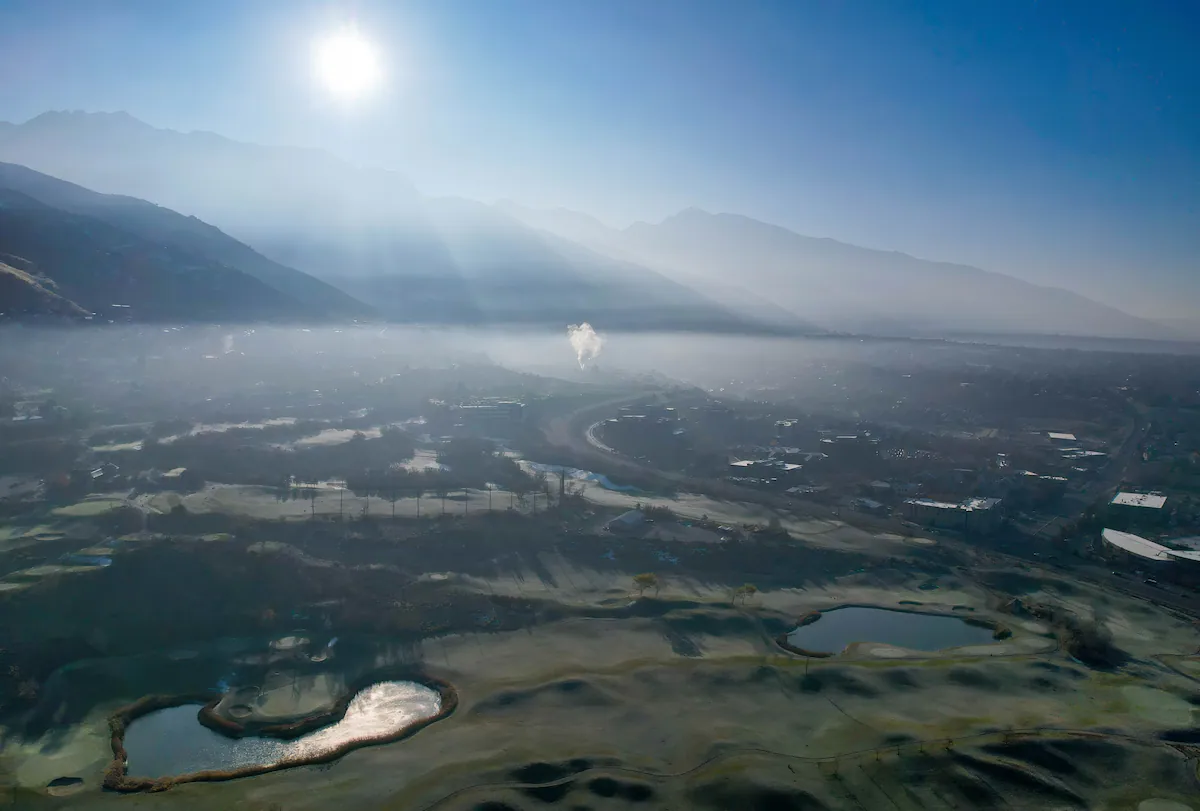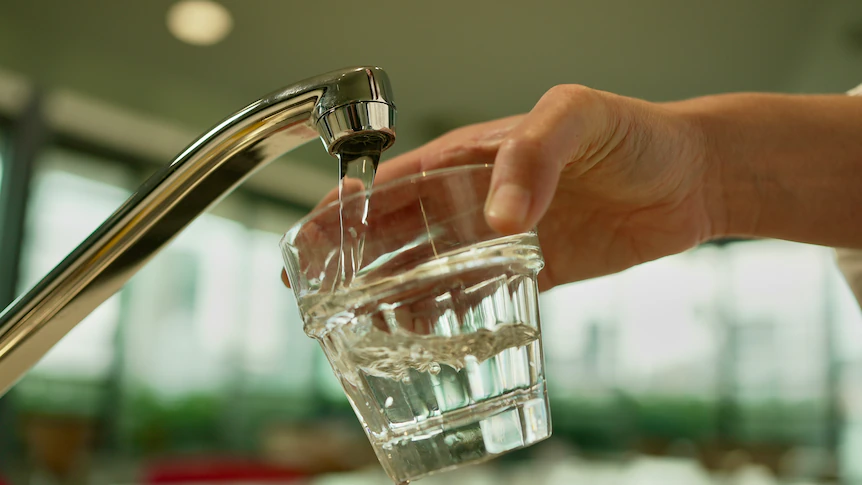Copyright Salt Lake Tribune

As many Salt Lake County residents know, air pollution affects our lungs and health outcomes. However, few realize that our poor air quality may also negatively impact mental health and even contribute to suicide risk. Research from the University of Utah’s Bakian (et al.) found that short-term exposure to particulate matter (PM2.5) and nitrogen dioxide gases increases suicide rates, especially among men aged 36-64 during spring and fall. The authors write that “suicide risk peaks observed during the spring and the transition period suggested that air pollution may interact with additional seasonal risk factors to increase risk among susceptible individuals.” This, compounded with Utah’s persistently high suicide rates, is concerning. According to the Utah Department of Health and Human Services, in 2023, Utah’s age-adjusted suicide rate was 20.9 per 100,000 — well above the U.S. average of 14.21. Men in Utah die by suicide at more than three times the rate of women. As the Salt Lake area works toward cleaner air, we must also remember the mental health consequences. I strongly encourage residents to learn the warning signs of suicide and support one another, especially during poor air days and vulnerable seasons. Lucy Wheat, Salt Lake City



